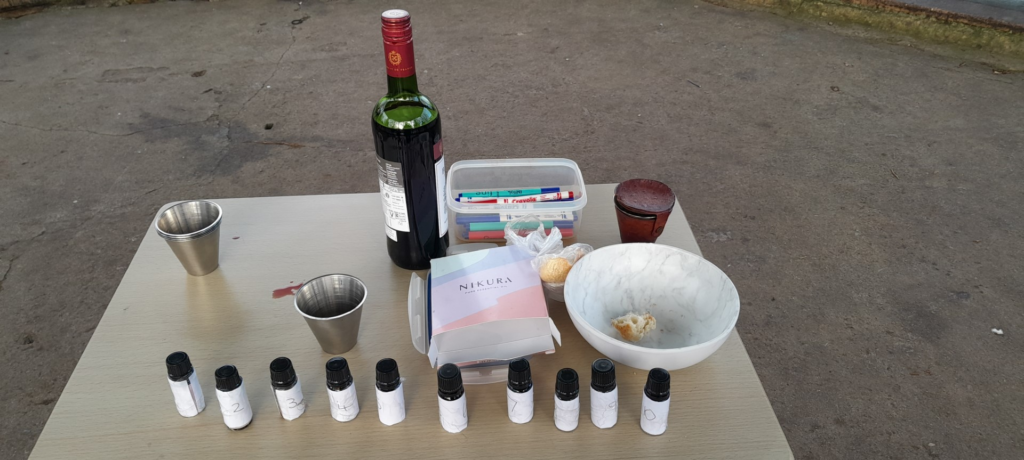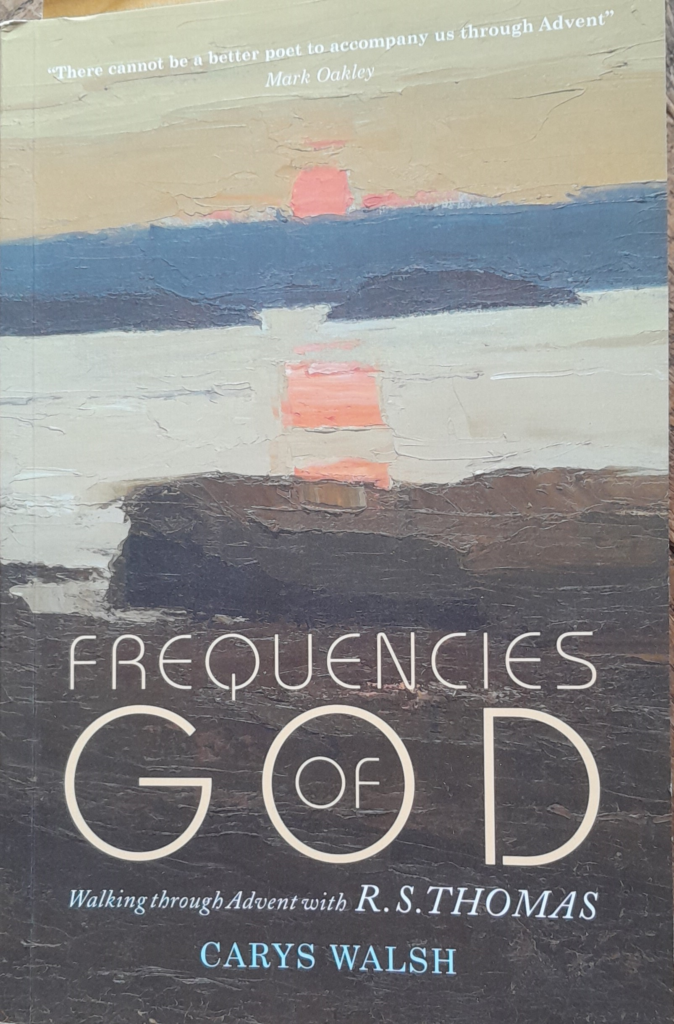This morning Jeremy led us in glorious sunshine, surrounded by blossom on the trees and it felt wonderful! We began with these words from Philippians 4:
4 Rejoice in the Lord always. I will say it again: Rejoice! 5 Let your gentleness be evident to all. The Lord is near. 6 Do not be anxious about anything, but in every situation, by prayer and petition, with thanksgiving, present your requests to God. 7 And the peace of God, which transcends all understanding, will guard your hearts and your minds in Christ Jesus.
8 Finally, brothers and sisters, whatever is true, whatever is noble, whatever is right, whatever is pure, whatever is lovely, whatever is admirable—if anything is excellent or praiseworthy—think about such things. 9 Whatever you have learned or received or heard from me, or seen in me—put it into practice. And the God of peace will be with you.
10 I rejoiced greatly in the Lord that at last you renewed your concern for me. Indeed, you were concerned, but you had no opportunity to show it. 11 I am not saying this because I am in need, for I have learned to be content whatever the circumstances. 12 I know what it is to be in need, and I know what it is to have plenty. I have learned the secret of being content in any and every situation, whether well fed or hungry, whether living in plenty or in want. 13 I can do all this through him who gives me strength.
Like the practice in yoga, it is good to identify one’s Intention, and here it is being content in the good and the bad. As Jeremy said, St Paul can be very annoying – it is easier said than done to be content in all circumstances – but it is a place to aim for.
Rom 12: 15 says: Rejoice with those who rejoice; mourn with those who mourn.
Recognising that we are all having very different experiences of life at this time, Jeremy reminded us that when we come together, we all come from different places with different needs. One to speak of joys, one to speak of woes, one not wanting to speak but wanting to just listen, one unsure quite where they are at. One of us finds our voice in a psalm like this one:
Psalm 30
1 I will exalt you, LORD, for you lifted me out of the depths and did not let my enemies gloat over me. 2 LORD my God, I called to you for help, and you healed me. 3 You, LORD, brought me up from the realm of the dead; you spared me from going down to the pit.
4 Sing the praises of the LORD, you his faithful people; praise his holy name. 5 For his anger lasts only a moment, but his favour lasts a lifetime; weeping may stay for the night, but rejoicing comes in the morning.
6 When I felt secure, I said, “I will never be shaken.” 7 LORD, when you favored me, you made my royal mountain stand firm; but when you hid your face, I was dismayed.
8 To you, LORD, I called; to the Lord I cried for mercy: 9 “What is gained if I am silenced, if I go down to the pit? Will the dust praise you? Will it proclaim your faithfulness?
10 Hear, LORD, and be merciful to me; LORD, be my help.”
11 You turned my wailing into dancing; you removed my sackcloth and clothed me with joy, 12 that my heart may sing your praises and not be silent. LORD my God, I will praise you forever.
Whilst another of us finds our voice in a psalm like this one:
Psalm 42
1 As the deer pants for streams of water, so my soul pants for you, my God. 2 My soul thirsts for God, for the living God. When can I go and meet with God? 3 My tears have been my food day and night, while people say to me all day long, “Where is your God?” 4 These things I remember as I pour out my soul: how I used to go to the house of God under the protection of the Mighty One[d] with shouts of joy and praise among the festive throng.
5 Why, my soul, are you downcast? Why so disturbed within me? Put your hope in God, for I will yet praise him, my Saviour and my God.
6 My soul is downcast within me; therefore I will remember you from the land of the Jordan, the heights of Hermon—from Mount Mizar. 7 Deep calls to deep in the roar of your waterfalls; all your waves and breakers have swept over me.
8 By day the LORD directs his love, at night his song is with me— a prayer to the God of my life.
9 I say to God my Rock, “Why have you forgotten me? Why must I go about mourning, oppressed by the enemy?” 10 My bones suffer mortal agony as my foes taunt me, saying to me all day long, “Where is your God?”
11 Why, my soul, are you downcast? Why so disturbed within me? Put your hope in God, for I will yet praise him, my Saviour and my God.
So we turned to prayer realising that our prayers bring us together as we own one another’s situation without judgement
In turn we shared where we have seen God at work this week and where we would like to see God at work next week. That proved very special… We spent some time in silent prayer after that.
And we concluded with the breaking of bread, remembering that the broken bread represents brokenness (Christ completely broken is with us in our brokenness), while the cup of wine represents blessing (celebrating the good and the coming good that resurrection speaks of).
1 Cor 10:16 The cup of blessing which we bless, is it not a participation[e] in the blood of Christ? The bread which we break, is it not a participation[f] in the body of Christ? 17 Because there is one bread, we who are many are one body, for we all partake of the one bread
It was good to be reminded of all of these words, of each others’ hopes and needs and of the relevance of the bread and wine for all of us. Thank you Jeremy!






Recent Comments